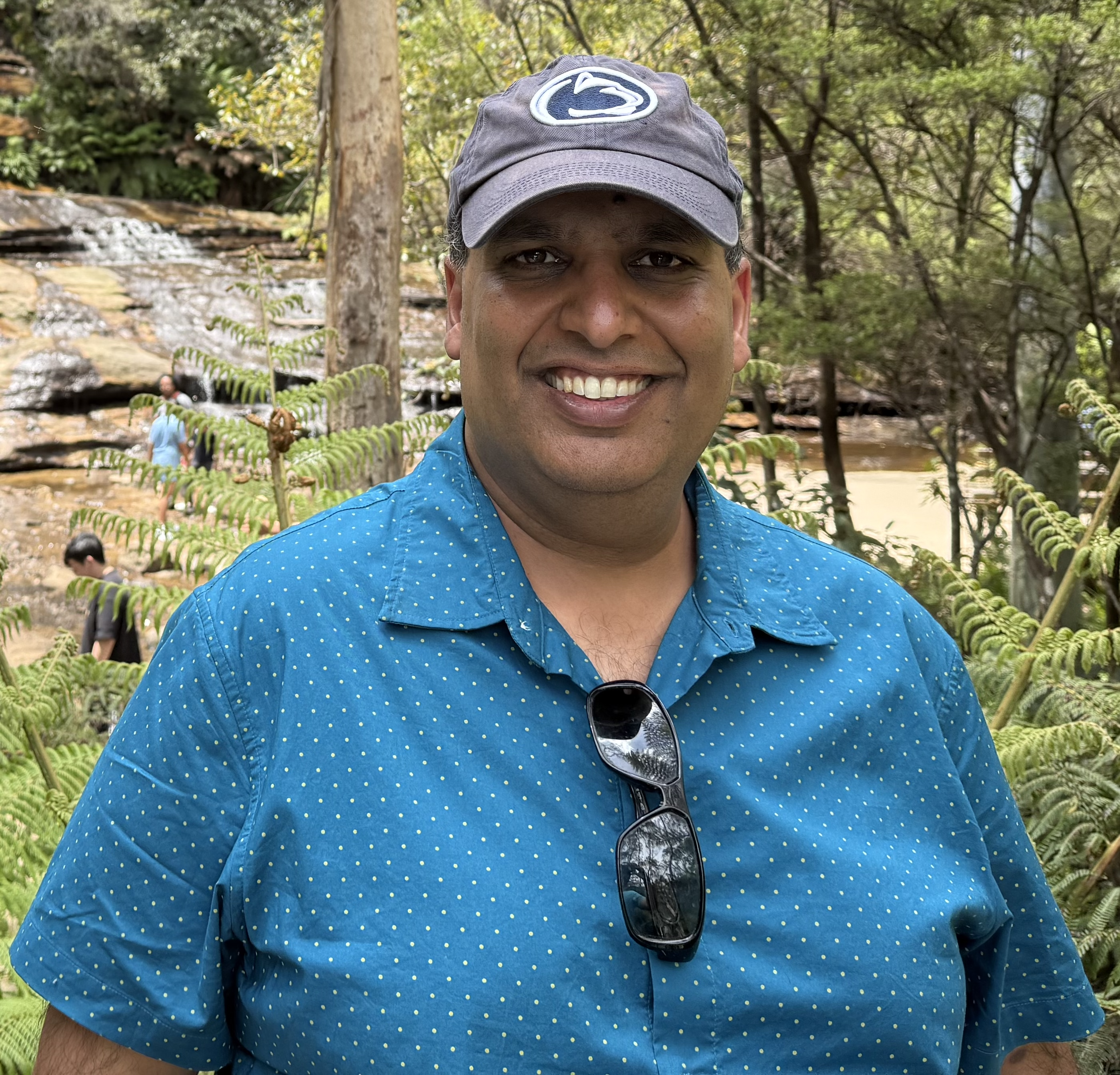Space Domain Awareness in the Artemis Era
Since the Apollo era, space has become an increasingly valuable domain for national security due to diplomatic, informational, and economic reasons. The last few years have seen exponential growth in the launch of space objects, and there is an increased interest in having a
permanent cislunar presence through the Artemis program. The understanding of the motion of a spacecraft in a multi-body environment is essential to transit between different regions in the cislunar space and to forecast and track objects in the cislunar space. The perturbed two-body
restrictive framework has led to extensive modeling, analysis, and analytical solutions to study spacecraft motion in orbits around the Earth. However, beyond GEO (XGEO), the dynamical environment shifts, and the structure of fundamental behaviors can be radically different. The
primary challenge that limits the transferability of tools and techniques from the GEO to XGEO region is non-Keplerian dynamics, data sparsity from limited coverage, and availability of sensors. The process of orbit determination and forecasting the path for an object based on short
time arc observations is not trivial. This talk will introduce novel tools to track spacecraft motion in cislunar space and transfers between different regions in cislunar space. These tools make use of dynamical system theory in combination with advances in optimal control theory to provide a
better understanding of transport mechanisms in cislunar space. Local orbit elements will be discussed to characterize the trajectories in the cislunar space.
Date and Time
Location
Hosts
Registration
- Date: 04 Jun 2025
- Time: 05:30 AM UTC to 06:30 AM UTC
-
 Add Event to Calendar
Add Event to Calendar
- RnD building, IIIT
- Okhala phase 3
- DELHI, Delhi
- India 110020
- Building: Research and Development Block
- Room Number: A618
- Contact Event Host
- Co-sponsored by ECE Department, IIITD
Speakers
Puneet Singla
Space Domain Awareness in the Artemis Era
Since the Apollo era, space has become an increasingly valuable domain for national security due to diplomatic, informational, and economic reasons. The last few years have seen exponential growth in the launch of space objects and there is an increased interest in having a
permanent cislunar presence through the Artemis program. The understanding of motion of a spacecraft in multi-body environment is essential to transit between different regions in the cislunar space and to forecast and track objects in the cislunar space. The perturbed two-body
restrictive framework has led to extensive modeling, analysis, and analytical solutions to study spacecraft motion in orbits around the Earth. However, beyond GEO (XGEO) the dynamical environment shifts, and the structure of fundamental behaviors can be radically different. The
primary challenge that limits the transferability of tools and techniques from the GEO to XGEO region is non-Keplerian dynamics, data sparsity from limited coverage and availability of sensors. The process of orbit determination and forecasting the path for an object based on short
time arc observations is not trivial. This talk will introduce novel tools to track spacecraft motion in cislunar space and transfers between different regions in cislunar space. These tools make use of dynamical system theory in combination with advances in optimal control theory to provide a better understanding of transport mechanisms in cislunar space. Local orbit elements will be discussed to characterize the trajectories in the cislunar space.
Biography:
Dr. Puneet Singla is a Harry and Arlene Schell Professor of Aerospace Engineering at the Pennsylvania State University (PSU). Dr. Singla’s research focus pertains to uncertainty propagation through nonlinear systems, data-driven modeling, and control of autonomous systems. His research-related honors include the IEEE AESS’s Judith A. Resnik Award, NSF CAREER award, the AFOSR Young Investigator award, the University at Buffalo’s “Exceptional Scholar” Young Investigator Award, and the Texas A&M University’s Young Aerospace Engineering Distinguished Alumni Award in recognition of his scholarly activities. He is a fellow of the American Astronautical Society (AAS) and an associate fellow of the American Institute of Aeronautics and Astronautics (AIAA).
Email:
Address:New Delhi, , New Delhi, India, 110020

